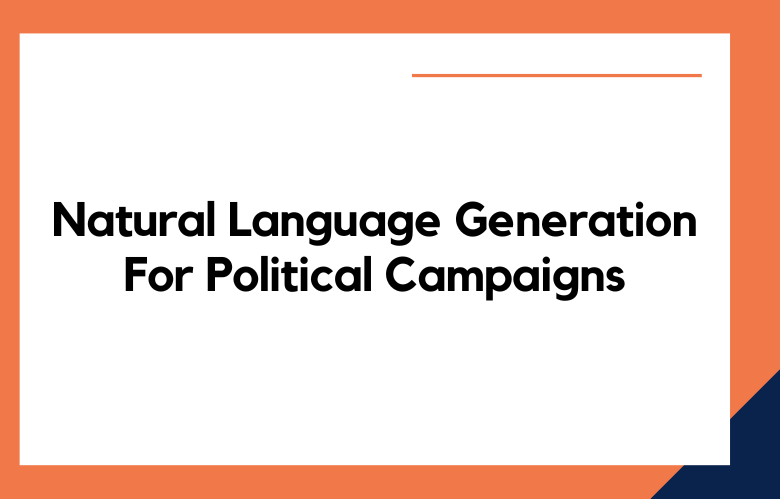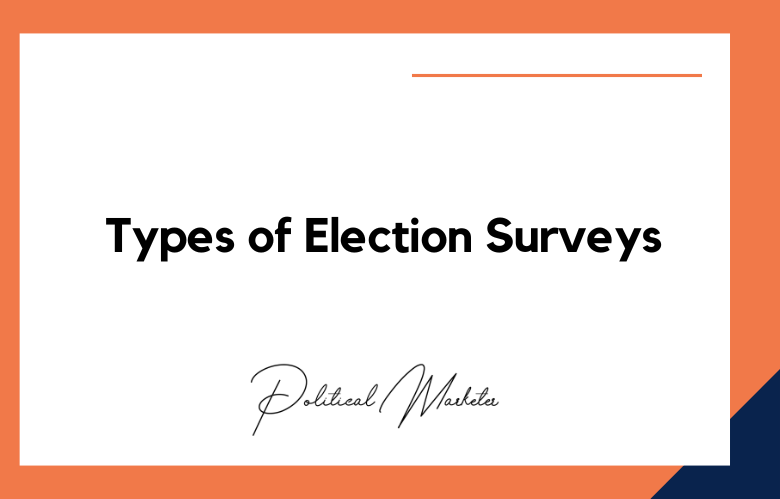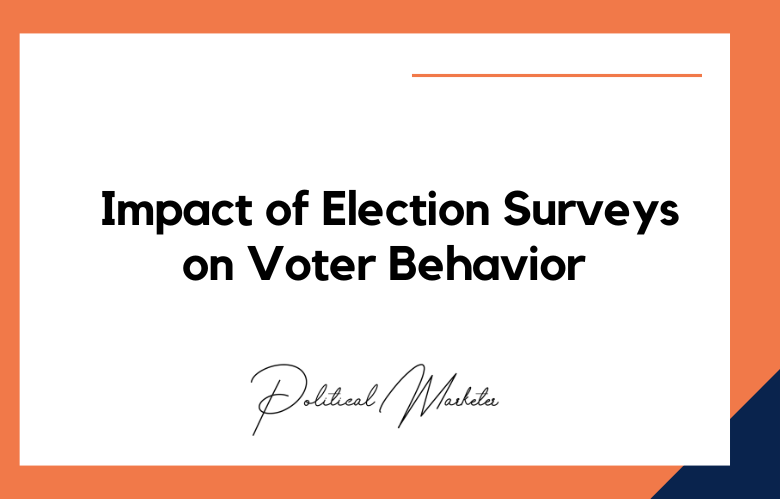“Natural Language Generation for Political Campaigns” delves into the innovative application of natural language generation (NLG) techniques in shaping political messaging, communication strategies, and constituent engagement. In the increasingly digital age of political campaigning, NLG offers a powerful tool for crafting persuasive narratives, disseminating information, and connecting with voters personally.
Natural Language Generation For Political Campaigns
This exploration uncovers how NLG algorithms, ranging from rule-based systems to advanced neural language models, revolutionize how political campaigns communicate with constituents. By analyzing vast datasets, including policy documents, speeches, social media interactions, and voter feedback, NLG algorithms can generate human-like text that resonates with target audiences, conveys critical messages, and drives meaningful engagement.
From personalized campaign emails and social media posts to automated responses and chatbots, NLG enables campaigns to deliver tailored messaging at scale, fostering deeper connections with voters and enhancing the effectiveness of outreach efforts. Moreover, NLG algorithms can adapt to changing contexts and preferences, ensuring that campaign communications remain relevant, timely, and impactful throughout the electoral cycle.
However, adopting NLG in political campaigns raises ethical considerations, including authenticity, transparency, and bias. Campaigns must navigate these challenges responsibly, ensuring that NLG-generated content aligns with ethical guidelines, respects the diversity of viewpoints, and upholds democratic principles.
In this exploration, we will uncover the transformative potential of NLG in political campaigns, illuminating how it enables campaigns to craft compelling narratives, engage with voters, and shape public discourse with creativity and authenticity. By harnessing the power of NLG, political campaigns can navigate the complexities of modern politics with insight, empathy, and impact, ultimately driving success on the campaign trail.
The Art of Persuasion: How Natural Language Generation is Revolutionizing Political Campaigns
“The Art of Persuasion: How Natural Language Generation is Revolutionizing Political Campaigns” explores the transformative role of natural language generation (NLG) in shaping the landscape of political communication and persuasion. In an era defined by digital engagement and personalized messaging, NLG emerges as a powerful tool for crafting compelling narratives, disseminating information, and connecting with voters on a deeper level.
This exploration delves into how NLG algorithms, ranging from rule-based systems to sophisticated neural language models, reshape how political campaigns communicate with constituents. By analyzing vast troves of data—from policy documents and candidate speeches to social media interactions and voter feedback—NLG algorithms generate human-like text that resonates with target audiences, conveying key messages and driving meaningful engagement.
From personalized campaign emails and social media posts to automated responses and chatbots, NLG enables campaigns to deliver tailored messaging at scale, fostering deeper connections with voters and enhancing the effectiveness of outreach efforts. Moreover, NLG algorithms can adapt to changing contexts and preferences, ensuring that campaign communications remain relevant, timely, and impactful throughout the electoral cycle.
Cracking the Code: Using Natural Language Generation to Influence Voter Behavior
Cracking the Code: Using Natural Language Generation to Influence Voter Behavior epitomizes the strategic utilization of Natural Language Generation (NLG) in political campaigning to sway voter sentiments and behaviors. NLG technology is a potent tool for crafting persuasive and tailored messaging, enabling campaigns to communicate effectively with diverse audiences and drive desired outcomes.
By harnessing NLG, campaigns can generate compelling content across various channels, including speeches, social media posts, and campaign materials designed to resonate with specific demographics and address critical issues. This personalized approach enhances voter engagement, builds trust, and fosters a sense of connection between candidates and constituents.
Furthermore, NLG empowers campaigns to adapt their messaging strategies in real-time, responding dynamically to emerging trends, feedback, and public sentiment. This flexibility enables campaigns to maintain relevance and agility throughout the electoral process, maximizing their influence on voter behavior.
From Data to Discourse: The Role of Natural Language Generation in Political Communication
Political communication is a complex and ever-evolving field encompassing everything from campaign messaging to legislative discourse. As the amount of data available to political actors continues to grow, new technologies are emerging to help make sense of this information and communicate it effectively. Natural language generation (NLG) is a technology that uses artificial intelligence to generate human-like text from data.
NLG can potentially revolutionize political communication by enabling more personalized and compelling messaging. By analyzing voter behavior, preferences, and demographics data, NLG systems can generate targeted messages that resonate with specific audiences. This can help campaigns and organizations reach more people with their message and increase engagement.
NLG can also enhance legislative discourse by generating concise summaries of complex legislation. This can make it easier for lawmakers and the public to understand the impact of proposed laws and regulations and facilitate more informed decision-making.
Generating Success: How NLG is Changing the Game in Political Campaigns
In the fast-paced world of political campaigning, every advantage counts. As campaigns become more data-driven, one technology that is gaining attention is the Natural Language Generation (NLG). NLG is a type of AI that can generate human-like text from data, making it a powerful tool for crafting targeted messaging and engaging with voters.
How NLG is Changing Political Campaigns
NLG can help political campaigns in several ways:
Personalized Messaging: NLG can analyze voter data to generate customized messages that resonate with specific groups of voters. This can help campaigns connect with voters more resoundingly and increase engagement.
Streamlined Content Creation: With NLG, campaigns can automate the creation of content such as emails, social media posts, and other communications, freeing up staff to focus on other tasks.
Data-Driven Decision Making: NLG can analyze large amounts of data to identify trends and insights that can inform campaign strategy. This can help campaigns make data-driven decisions about messaging, resource allocation, and more.
Swaying the Masses: Harnessing the Power of Natural Language Generation in Politics
“Swaying the Masses: Harnessing the Power of Natural Language Generation in Politics” encapsulates the strategic utilization of Natural Language Generation (NLG) to influence and engage with a broad audience in the political arena. NLG technology is a potent tool for crafting persuasive messaging and communication strategies that resonate with voters, drive engagement, and shape public opinion.
By harnessing NLG, political campaigns can generate diverse content, including speeches, press releases, social media posts, and campaign materials tailored to specific audiences and issues. This enables campaigns to communicate their messages effectively, connect with voters personally, and sway public opinion.
Furthermore, NLG empowers campaigns to adapt their messaging strategies in real-time, responding swiftly to evolving political landscapes, current events, and voter sentiments. This agility allows campaigns to stay relevant and responsive, maintaining their influence and impact throughout the electoral process.
However, campaigns must use NLG responsibly and ethically, ensuring their messaging’s transparency, accuracy, and authenticity. Upholding ethical standards is essential to preserve trust and credibility with the public and safeguard the integrity of the democratic process.
Conclusion:
Leveraging natural Language Generation (NLG) in political campaigns offers a transformative approach to communication, messaging, and engagement. NLG technology enables campaigns to generate large-scale, personalized content, facilitating more targeted and effective outreach efforts.
By harnessing NLG, campaigns can craft compelling speeches, social media posts, and other communication materials tailored to specific demographics, issues, and platforms. This makes campaigns connect with voters more resoundingly, fostering engagement, trust, and support.
Moreover, NLG empowers campaigns to adapt their messaging in real-time, responding swiftly to changing dynamics and emerging issues.
Call: +91 9848321284
Email: [email protected]










